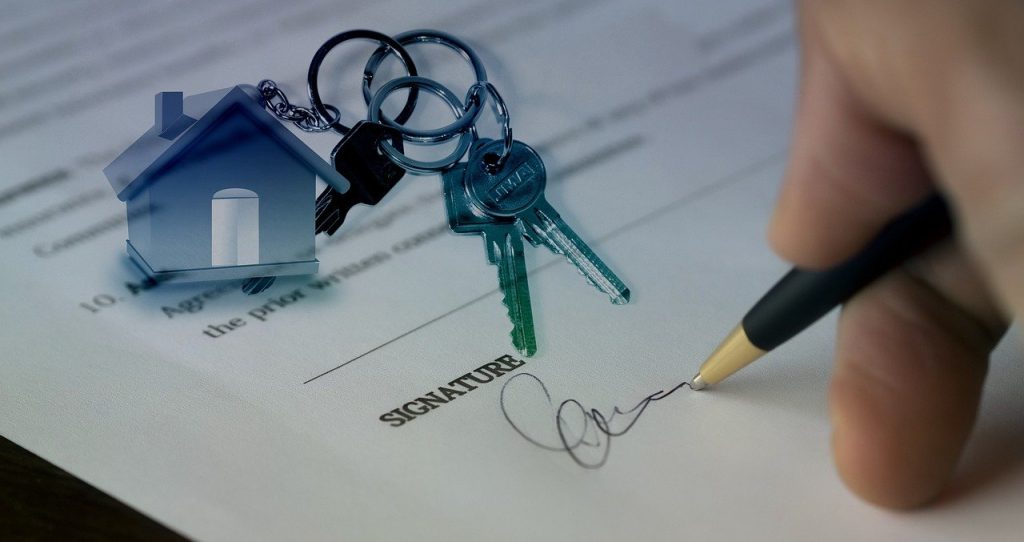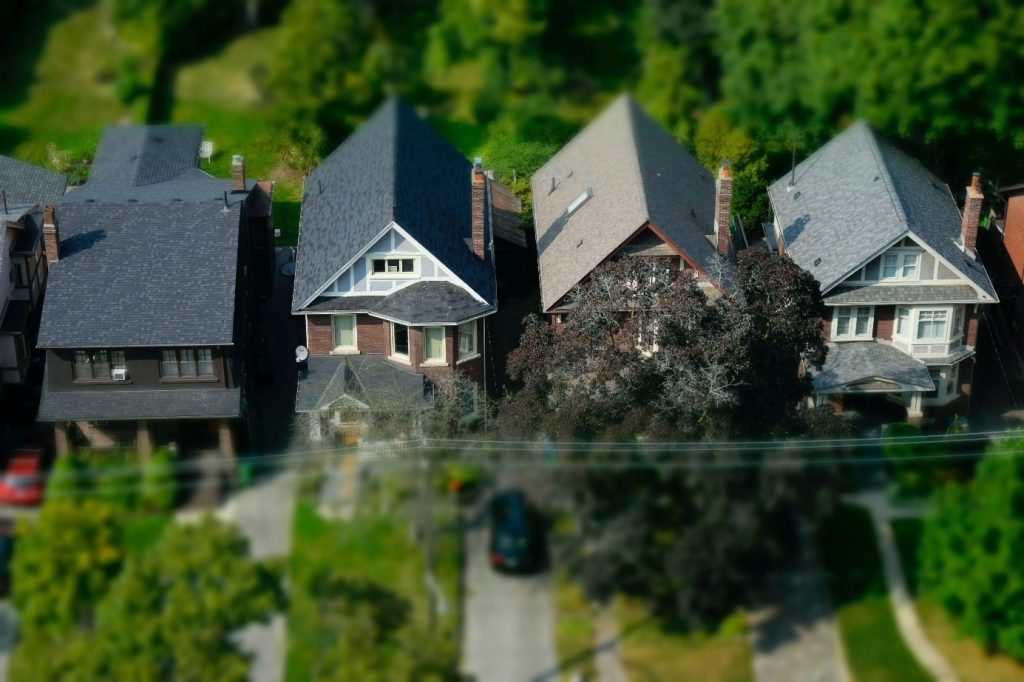Several documents are required in the housing rental file, most of which are intended to ensure that the tenant will be able to meet his obligations. However, the lessor is not allowed to claim everything.
Summary
Documents generally requested
A housing rental file always includes a copy of an identity document which may be a passport, a driving licence, a residence permit or an identity card.
This identity document must include the photo of the candidate tenant and his signature.
You must also present your last three payslips or, failing that, those of the person who is acting as your guarantor in the rental.
The lessor will certainly ask for proof of professional activity, which may be a certificate from the employer, an employment contract, an internship agreement, a professional card, an extract from the trades register or a copy of the identification certificate of the INSEE.
Everything will depend on the professional activity of the tenant.
Finally, there are also your last 3 rent receipts, which can replace a certificate of residence from the person who is hosting you or your last property tax notice.
Failing this, it can also be the title deed of your principal residence.
For a lease concluded with two tenants, these documents may be required from either of them. This is generally the case for couples, regardless of their status.
Read also: How to draw up a rental contract?
Possible additional parts
The lessor has the right to request additional documents in the rental file. This can be your last tax notice, the identity document of your guarantor or even a school certificate to justify your student status.
You can also add your energy bills, your bank account statement or the latest tax notice and proof of address from your guarantor.
Essentially, the principle is that the lessor can ask the guarantor for the same documents required of the tenant.
Non-required documents
There are documents that the lessor cannot legitimately request from the tenant. The first category relates to certain documents relating to his private life.
We will cite the case where a lessor would require a photo other than that appearing on his identity card, an extract from the criminal record, a social security card, a marriage or cohabitation certificate, a vital card, etc.
Likewise, he cannot ask for the tenant’s personal medical file or even a divorce judgment. In the latter case, only the part beginning with « for these reasons… » can be presented to the lessor, the rest being strictly a matter of his private life.
Certain elements of the tenant’s financial situation are also refused. This is the case for the bank statement, the direct debit authorization or the certificate of proper account keeping.
Similarly, the lessor may not under any circumstances request a certificate of absence of credit, information from the national file of credit repayment incidents or even more than two balance sheets if the lessee is self-employed.
Finally, the law considers it illegal to make accommodation reservation checks and to hand over any other item of value greater than one month’s rent.
The precautions to take
A person who presents himself as a tenant has every interest in presenting a complete and truthful rental file. In his concern to obtain the lease contract, he can provide any other document that the lessor may require of him.
However, a fair measure must be found. The tenant has the right to keep for himself certain elements that he will have to learn to protect, hence the interest of controlling the documents that cannot be claimed from him.
Read also: Rental: the obligations of the owner




